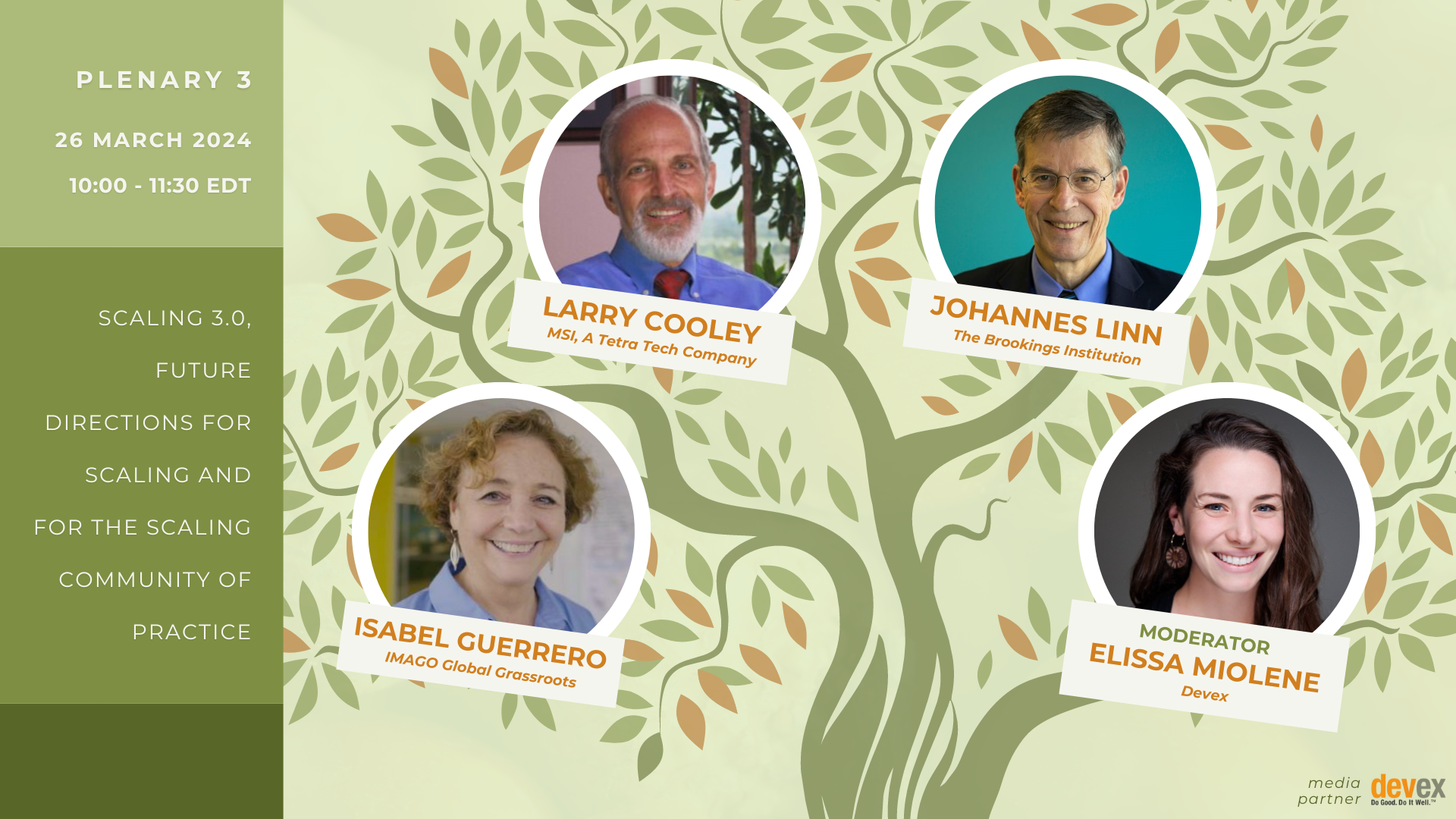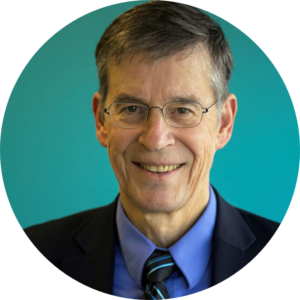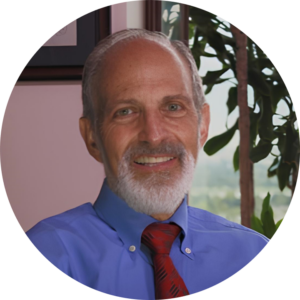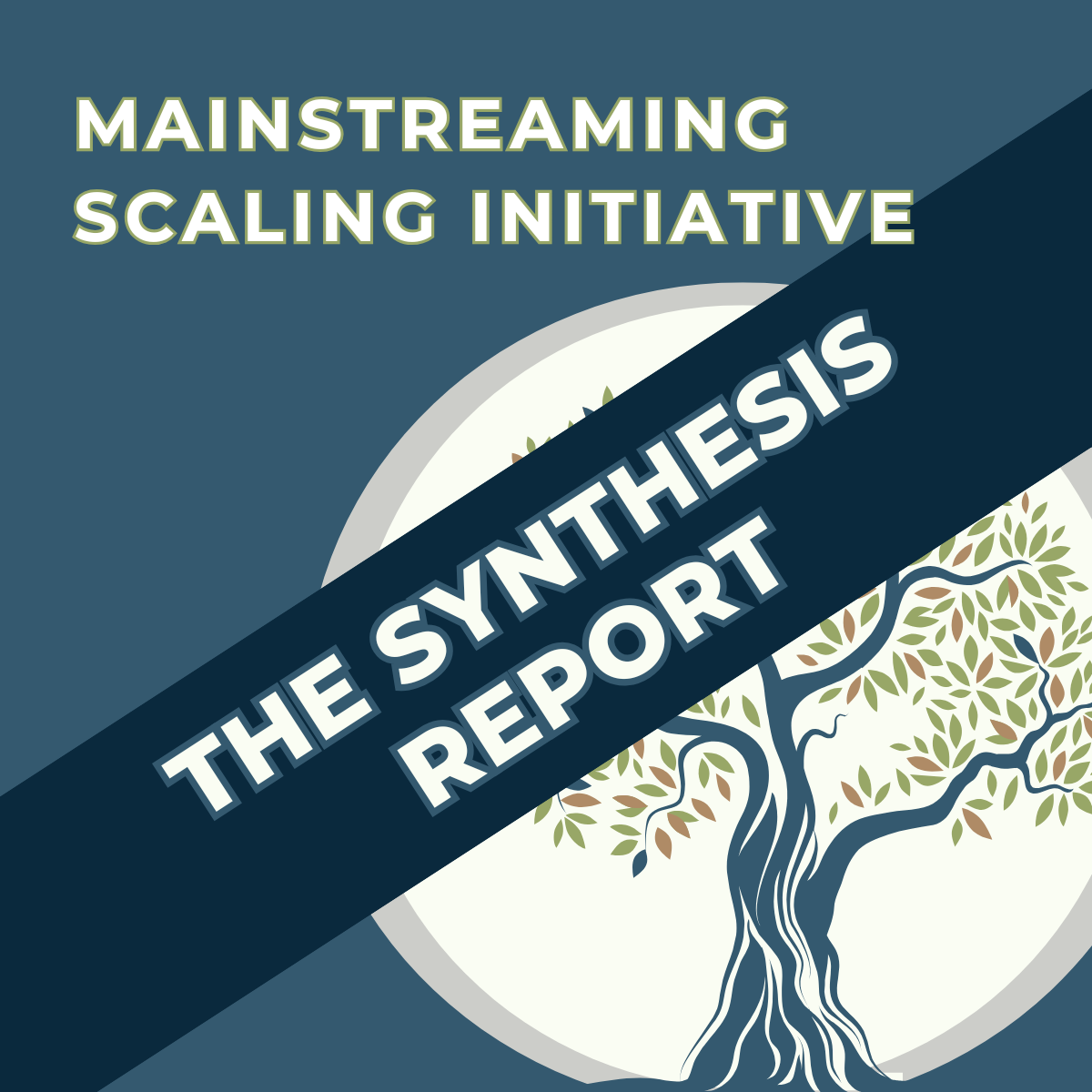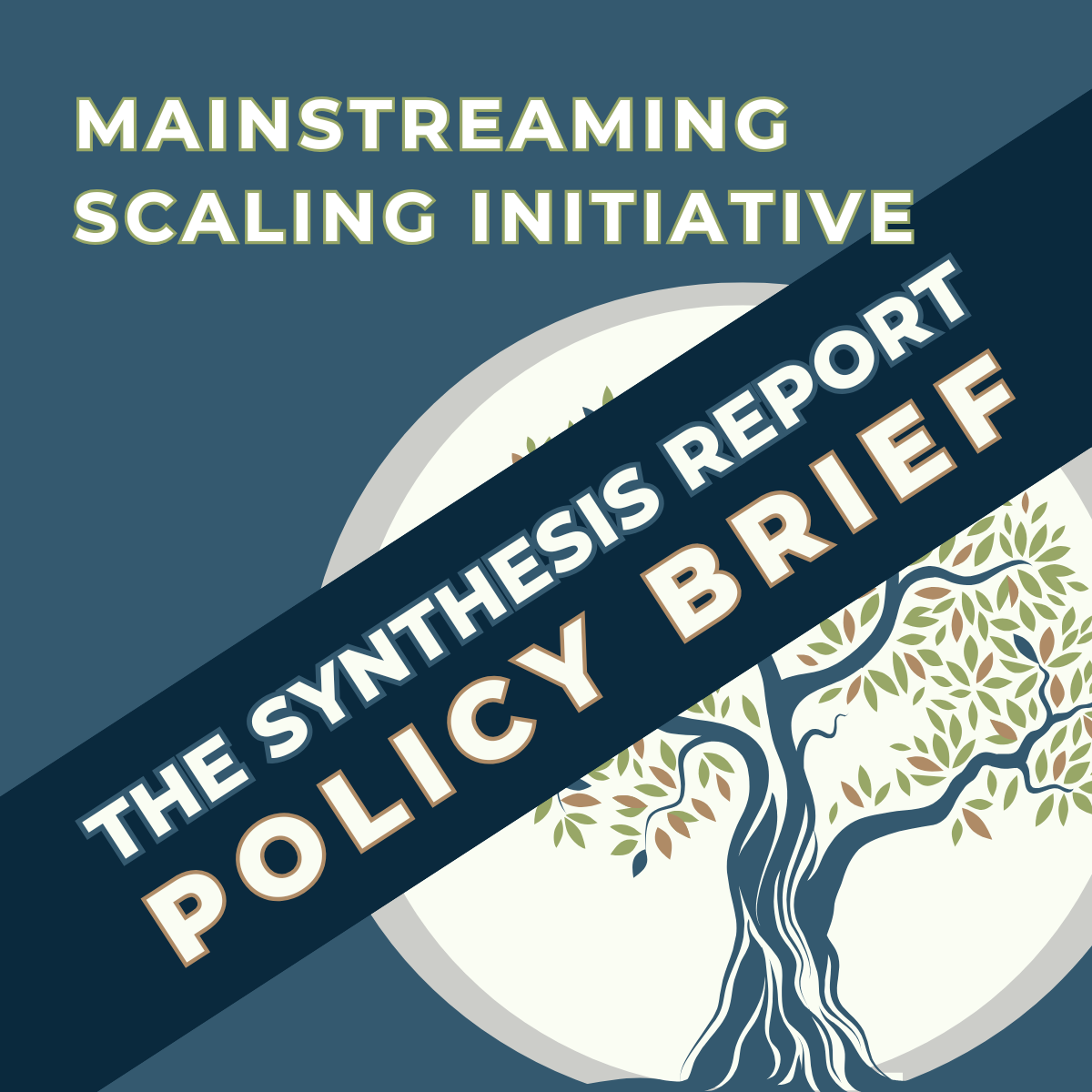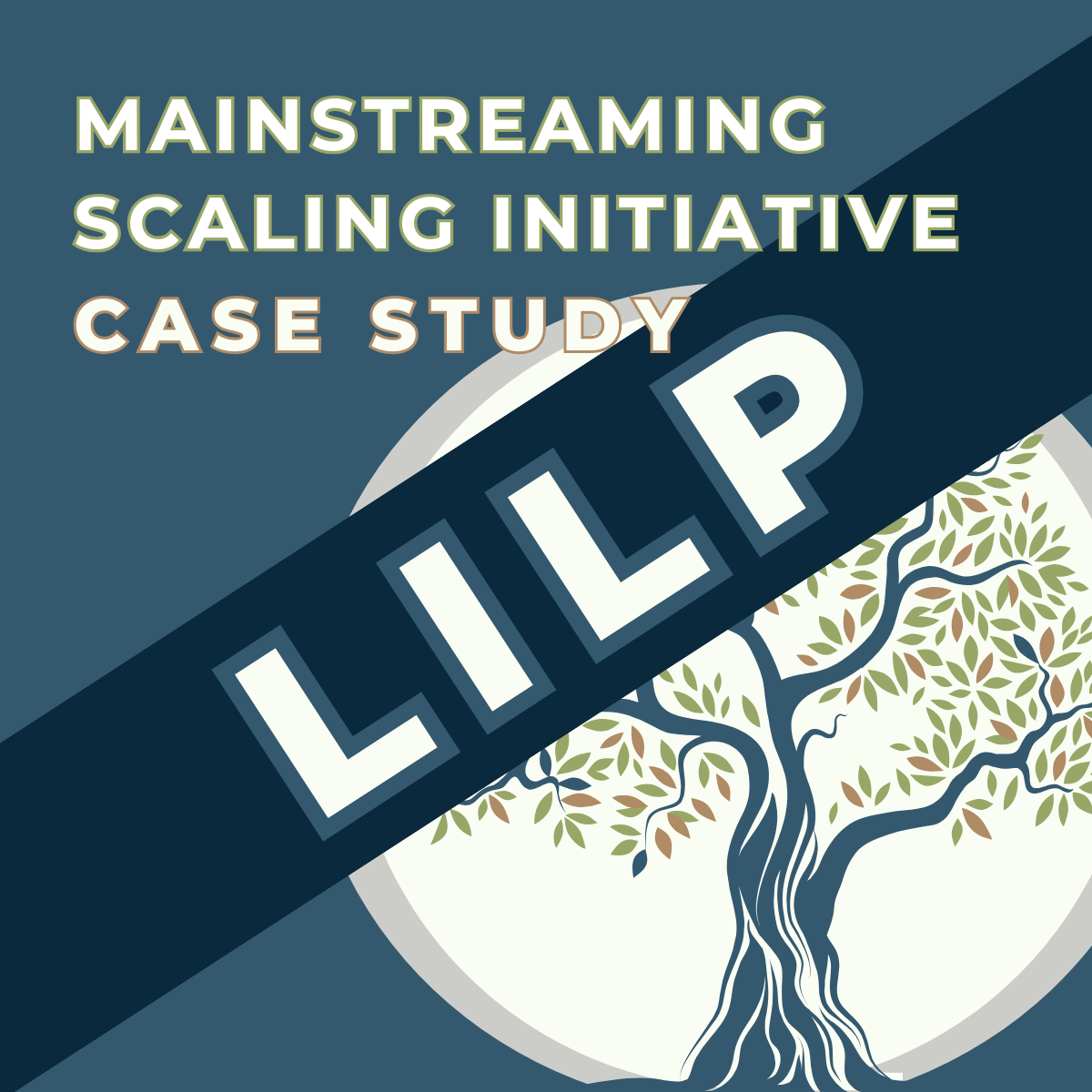Description
The session was divided in two segments. During the first segment Elissa Miolene engaged Larry Cooley, Isabel Guerrero, and Johannes Lin in a conversation about the progress with scaling over the last decade, what is getting in the way of change, what we learn from students today whom we teach about scaling, and what lessons are to be learned from the scaling experience of the SCoP itself. During the second segment, Larry and Johannes updated participants about the plans for the future of the SCoP and sought feedback and advice.
Segment 1
All three panelists agreed that there has been a lot of progress on scaling over the last 10 years. There is greater awareness of the importance of scaling in the face of continuing development challenges and growing climate threats. But much remains to be done. Lessons learned so far include:
- Scaling – and mainstreaming scaling in organizations, including governments and funders – is a long-term process. There is no silver bullet. One needs to approach the challenge realistically.
- Financial constraints are binding all too often and inhibit the scaling process.
- Governments are critical players either as implementers or as regulators. Their concurrence with outside recommendations is not enough; they need to own the solutions.
- Funders need to go beyond one-off projects and move from a focus on transactional scaling (aim for bigger projects) to transformational scaling (aim for long-term sustainable impact at scale); incentives for managers and staff need to change for this to happen.
- Foundations can and should play a greater role in supporting scaling due to their flexibility and ability to take risks compared to official funders.
- Social enterprises are important tool for inclusive economic development; but scaling their solutions requires a shift from a technical expert perspective to advocacy and action; we need to get out of our comfort zone and work with the enterprises and the communities on the ground.
- The SCoP’s scaling pathway over the last 10 years reveals many of the same challenges and tensions in the scaling experience of other organizations: “flying the plane while building it” is a challenge; the “valley of death” is forever a threat; finding the right business model with be crucial since the volunteer approach is inherently difficult to sustain as the organization grows.
Participants pointed to the political constraints that often limit scaling; the importance of intermediaries for scaling and of eventually internalizing scaling within institutions; the need to explicitly consider the ecosystem in which scaling takes place and the costs of scaling; and the need to change the definition of success from short-term results to the creation of long-term capacity for sustained impact at scale.
Segment 2
Larry and Johannes summarized the 10-year journey of the SCoP and laid out the current plans for taking the SCoP forward. Importantly, the aim is to put the SCoP on a sustainable organizational footing, which will be pursued by finding a suitable host organization, most likely a well-established think tank or “do tank” whose goals align with those of the SCoP. Larry and Johannes envisage that the SCoP will retain its strengths as a network of scaling experts and practitioners for exchange of experience, approaches, and lessons, but also that it should increasingly develop the capacity of analytical work as a foundation for promoting the idea that scaling should become the default option for all development actors. During the next two years the SCoP will likely continue to focus on mainstreaming scaling in funder organizations with special attention to foundations, but increasingly turn to consider the broader range of development actors, including governments, commercial and social enterprises, and civil society. The SCoP will also need to consider how to harness the power of IT and AI, which clearly have become major opportunities but also threats for scaling effective development solutions. Participants welcomed this perspective of the past and future of the SCoP and offered their support to help make it happen.
